
Mr. Ta Manh Hung - Deputy Director of the Drug Administration Department, Ministry of Health - speaking at the workshop - Photo: S. Van
Mr. Ta Manh Hung, Deputy Director of the Drug Administration Department, Ministry of Health , stated this at the seminar "Cosmetics: From Announcement and Production to Quality Assurance," organized by Tien Phong newspaper in collaboration with the Ministry of Health and related units on August 25th in Ho Chi Minh City.
The cosmetics industry in Vietnam has been growing rapidly in recent years, with the Vietnamese cosmetics market reaching a size of 2.3 - 2.5 billion USD (as of 2024), and an average annual growth rate of 10 - 15%.
According to Mr. Hung, the cosmetics market is mainly concentrated in large cities and heavily reliant on imports, with approximately 80-90% of cosmetics consumed being imported. Domestic cosmetics production still lacks technology, research, and brand recognition.
Cosmetics are primarily distributed through supermarkets, pharmacies, spas, cosmetics stores, and e-commerce platforms (Shopee, Lazada, TikTok Shop, etc.), with online channels accounting for an increasingly large proportion.
Dr. Nguyen Vu Hoang, Deputy Director of the Ho Chi Minh City Dermatology Hospital, said that as living standards improve, the demand for beauty products is increasing. In recent years, the number of patients suffering from side effects and skin complications due to the use of cosmetics of unknown origin or poor quality who seek treatment at the Ho Chi Minh City Dermatology Hospital has tended to increase in both quantity and severity.
Patients use cosmetics of unknown origin due to a lack of knowledge in product selection, a desire for quick results, and a focus on affordability and accessibility.
Cosmetics and beauty products account for over 20% of total online retail sales.
According to Ms. Le Thi Ha, Head of the E-commerce Management Department, Department of E-commerce and Digital Economy, Ministry of Industry and Trade , a survey by the Ministry of Industry and Trade shows that over 60% of consumers in Vietnam purchase cosmetics through e-commerce platforms, particularly on platforms such as Shopee, TikTok Shop, and social media (Facebook).
E-commerce businesses still face the problem of counterfeit goods, imitation products, and goods of unknown origin, with complex developments; in the case of cosmetics, many violations are sophisticated, such as brand imitation, counterfeit goods, products without proper declaration, misleading advertising, or exploiting livestreaming to sell substandard products.
These practices not only cause economic damage to consumers but also pose a direct risk to public health.
However, control is facing many difficulties as the current legal framework is limited to decrees, lacking a comprehensive law.
Source: https://tuoitre.vn/my-pham-gia-nhai-dang-nup-bong-tuon-ra-thi-truong-20250825153908726.htm







![[Photo] Prime Minister Pham Minh Chinh attends the Conference summarizing and implementing tasks of the judicial sector.](/_next/image?url=https%3A%2F%2Fvphoto.vietnam.vn%2Fthumb%2F1200x675%2Fvietnam%2Fresource%2FIMAGE%2F2025%2F12%2F13%2F1765616082148_dsc-5565-jpg.webp&w=3840&q=75)








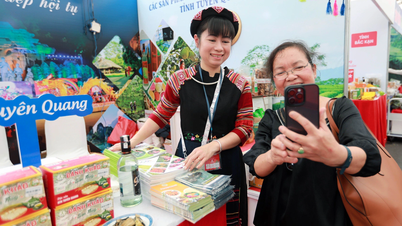

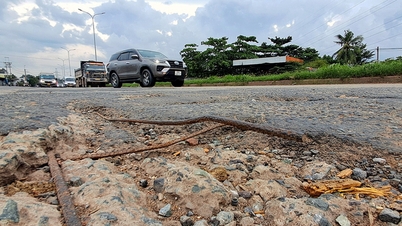















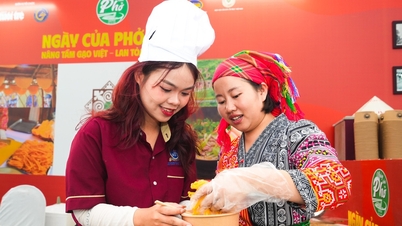













































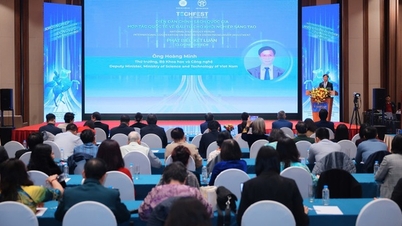

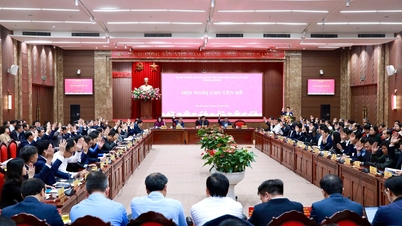



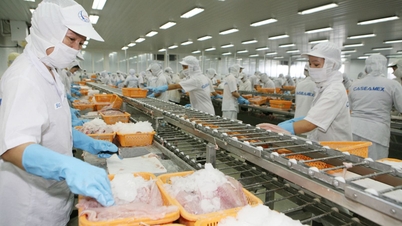



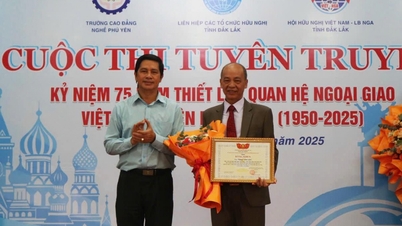




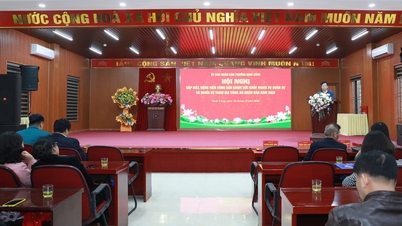














Comment (0)